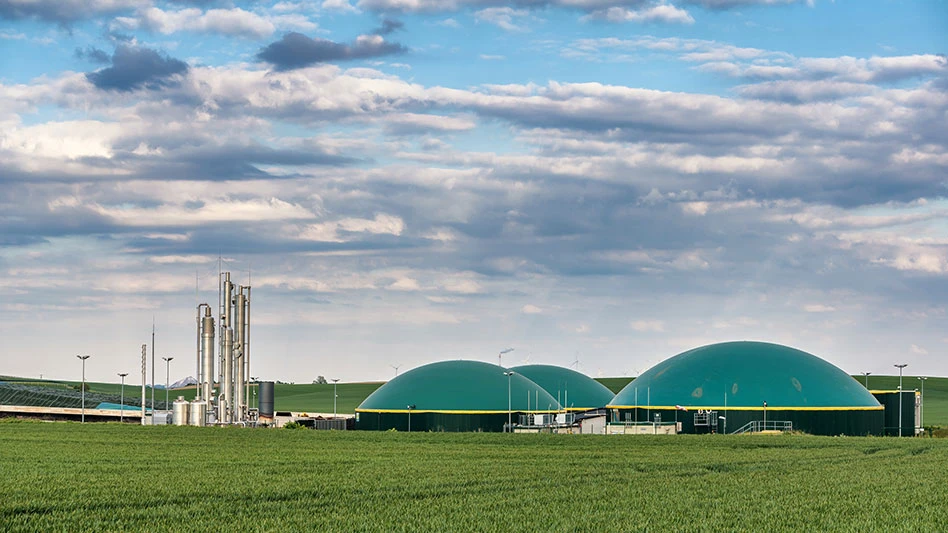
Since the introduction of a statewide food waste disposal ban over a year ago, Vermont has reported a significant spike in the number of residential and commercial compost services in the state.
The Universal Recycling Law (Act 148), which was passed unanimously by the Vermont Legislature in 2012, has been updated in 2018, 2019 and 2020 to add amendments in order to meet the state’s 50 percent recycling goal.
The most recent update in July 2020 introduced the proposal to ban the disposal of food waste in landfills.
“I was out of work last spring. I was reading about that law, and so I started this business based on what I thought would be a residential need,” Zach Cavacas, owner and operator of Stockbridge, Vermont-based Music Mountain Compost, told VTDigger.
In its first year, Music Mountain Compost has grown from zero to more than 300 customers. The company offers bi-weekly residential and commercial compost pickup and has diverted over 40 tons of food waste over the past year.
“The growth rate is incredible, and I’ve also been to over 70 towns. There’s a huge need for this,” Cavacas said.
The Vermont Department of Environmental Conservation (DEC) estimates that the number of food scrap haulers has more than tripled, from 12 haulers in 2012, to 45 in 2021.
Vermont sales of supplies for backyard composters (compost bins, kitchen countertop collectors, food scrap buckets, etc.) has also rose, jumping from $7,132 to $19,681 in the past year, said Susan Alexander, manager of the Lamoille Regional Solid Waste District. In 2020 alone, the district took in 146 tons of food scraps for composting; that rose to 166 tons in the past six months.
To meet state guidelines, the district established Lamoille Soil in Johnson as a composting operation. Alexander told VTDigger she hopes to eventually see small hauling companies offer bundles or packages for food scraps, recycling and trash.
“At some point, we need to see the marketplace adjust pricing appropriately, and that the cost of managing your food scraps is actually less than the cost of landfill fees. This will really help more people be able to afford curbside collection service,” she said.
According to DEC Materials Management Section Manager Josh Kelly, prior to the most recent food waste ban Vermont would send about 80,000 tons of food to landfills a year.
“As more people get educated on composting, a lot of times they’ll try it themselves,” Cavacas told VTDigger. At first, “they don’t want to compost in their backyard, or they don’t know how. I found myself that education has been the most important part and telling people they can have someone pick it up or learn how to do it and make their own soil.”
Latest from Waste Today
- ASAP Marketplace launches the Dumpster Debris Calculator
- Yanmar Compact Equipment North America appoints new president
- Plum Creek Environmental acquires Custom Installation LLC
- Avis introduces Harris American Co.
- Landfill Insights: The science of landfill compaction
- Project Canary, Sniffer Robotics partner to develop methane emissions monitoring tools
- Montauk Renewables breaks ground on Tulsa RNG project
- Meridian Waste donates $50K to community organizations






